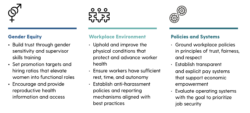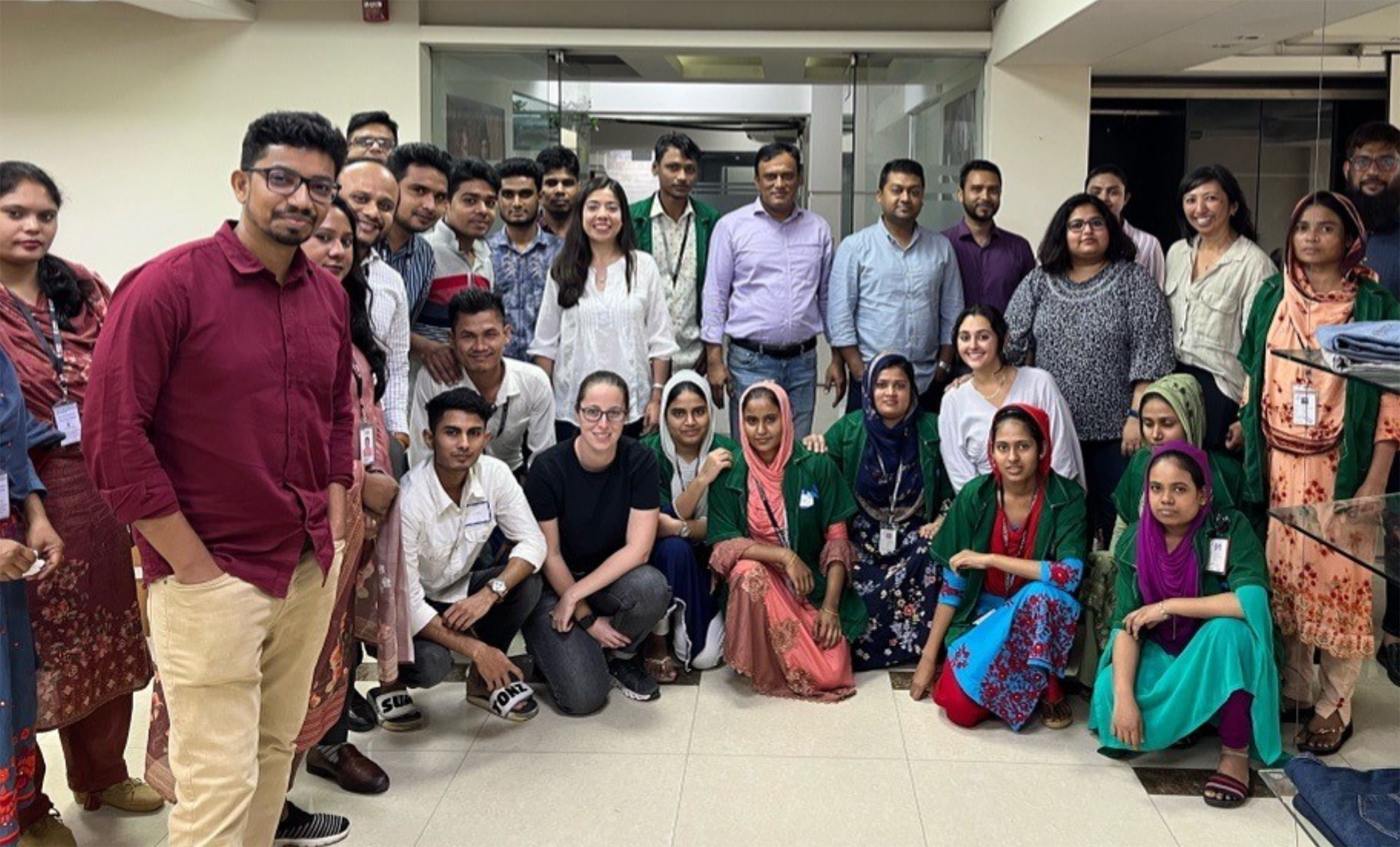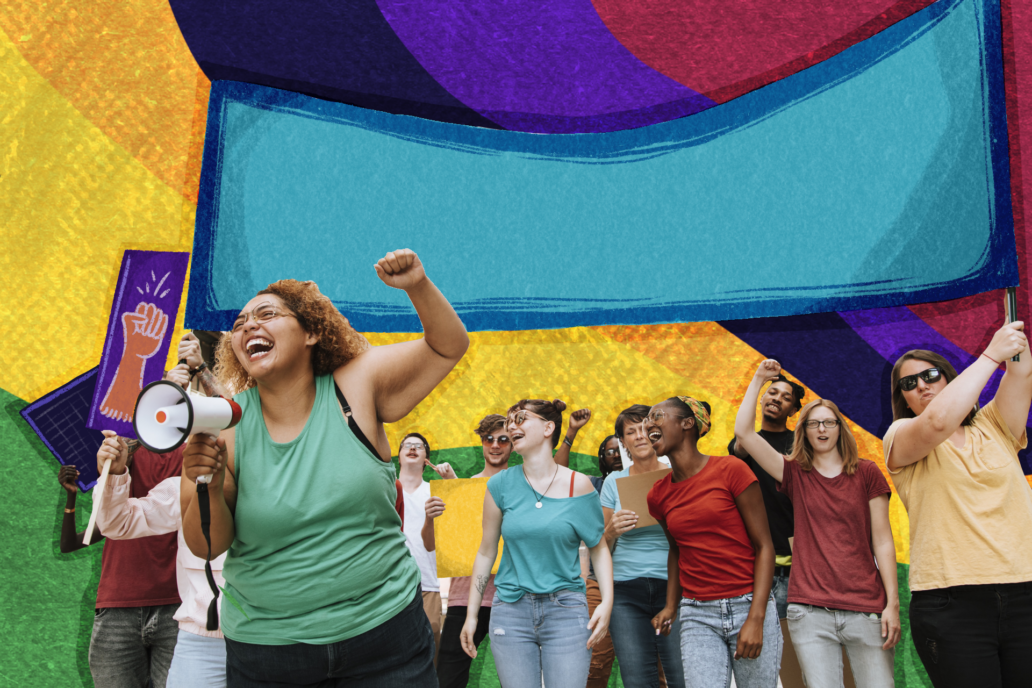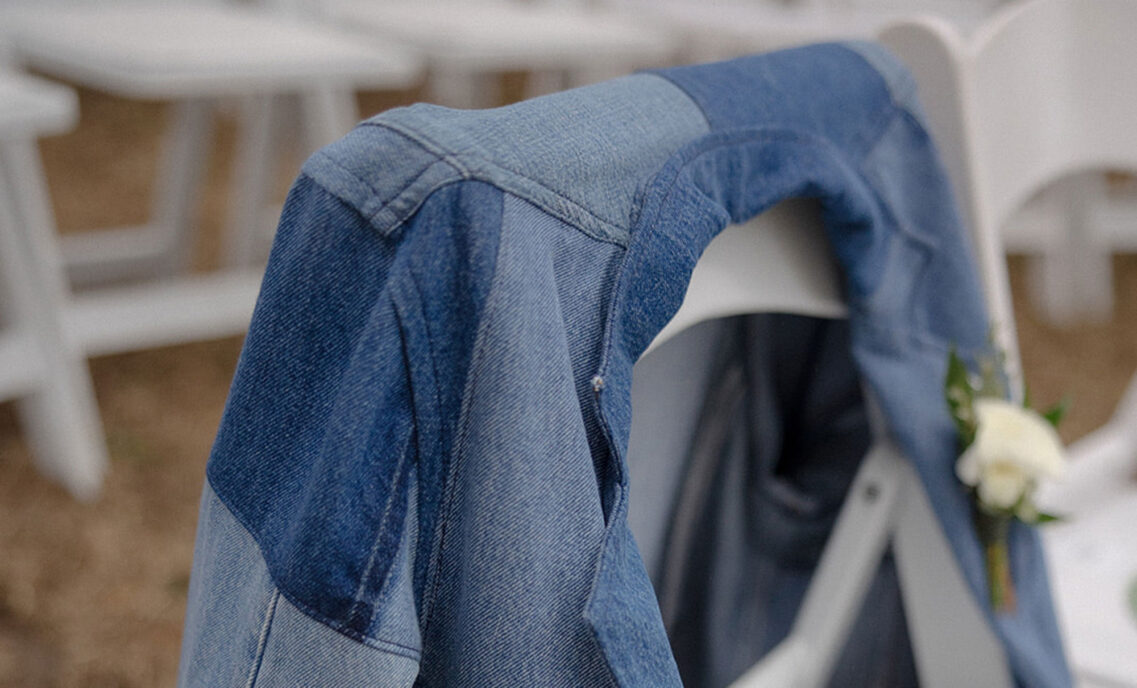For over a decade, Levi Strauss & Co., in partnership with the Levi Strauss Foundation, has aimed to improve the lives of the women and men who make our products through our Worker Well-being (WWB) initiative. WWB is a part of our commitment to put people first, recognizing that effecting change and ensuring meaningful impact requires setting higher standards for ourselves, our suppliers and the industry. This update reflects LS&Co. and the Levi Strauss Foundation’s commitment to piloting and testing new approaches that advance worker well-being across the LS&Co. supply chain. We will post a series of WWB updates over the coming year.
In 2022, LS&Co. published an updated Worker Well-being Guidebook, informed by a three-year longitudinal study with the Sustainability and Health Initiative for NetPositive Enterprise (SHINE) at the Harvard T.H. Chan School of Public Health, longtime strategic partner Manaus and the Levi Strauss Foundation. Together, we surveyed over 13,000 workers across our supply chain with an aim to define “well-being,” measure it and identify its driving forces in the apparel industry context.
Our findings supported the idea that what’s good for workers is good for business. Well-being at work is characterized by managers and workers who are healthy, satisfied and engaged. To reach this state of well-being, workplaces must cultivate trust, respect and fairness, which means giving workers the ability to become decision-makers and problem solvers. By ensuring that workplaces allow for worker voice and participation, businesses can expect higher productivity, job satisfaction, efficiency and lower absenteeism.
Putting Our Approach to the Test
Since publishing the updated guidebook, LS&Co. and the Levi Strauss Foundation have surveyed an additional 2,000 workers in two factories located in Bangladesh and Pakistan. The results are informing efforts to support factories as they develop action plans, as well as implement changes such as raising food subsidies, introducing new anti-harassment and gender equity policies, and increasing pathways to promotions for women.
These surveys give workers an opportunity to provide feedback anonymously without feeling the need to go directly to their managers. In some cases, the surveys have led to rapid responses and results — since the survey, for example, 20 of 25 total promotions at the factory in Bangladesh have gone to women.
LS&Co. will conduct a follow-up survey at the end of 2023 to understand how further interventions and improvements are impacting workers.
In addition, the Levi Strauss Foundation has supported five NGOs to pilot the updated WWB approach across Bangladesh, Cambodia, India, Sri Lanka and Vietnam. Through 2024, these organizations will support approximately a dozen supplier factories, including facilities in the regions, in building new or strengthening existing worker-management teams — a key component to our approach.
These teams will work to identify needs, develop solutions and set new priorities for the workplace across three focus areas: gender equity, workplace environment and policies and systems.

Our Well-being at Work Survey and shortened pulse surveys will help ensure that the worker-manager teams are focused on the most pressing issues within their workplace.
In Sri Lanka, our vendor Swasti Health Catalyst helped factory management bolster worker committees — the Anti-Sexual Harassment Committee and the Health and Safety Committee — and build out gender-inclusive workplace policies. Factory management shared that a high percentage of workers are actively engaged in their committees, attending meetings and leading conversations among other workers. Further, it stated that WWB has empowered the lives of Sri Lankan workers by strengthening their voice and decision-making power, allowing them to “develop skills for their lives.” Since beginning the initiative, the vendor has also made their own efforts to scale WWB to two additional factories, seeing the involvement of workers as positive toward overall operations. Swasti will continue to support management to develop skill-building opportunities for women, strengthen grievance channels and increase financial literacy.
Measuring Progress and Looking Ahead
To track our progress and assess impact, we’re using the Operational Framework tool and Well-being at Work Survey developed in partnership with the Levi Strauss Foundation and Harvard SHINE. These tools allow us to assess whether factories have inclusive, diverse and collaborative spaces for decision making; track worker opinion and satisfaction, health and engagement; and pinpoint opportunities to create stronger teams and systems. Both tools are open-source and have already been shared with several NGOs and other brands.
Our business depends on the people who make our products, so we will continue to invest in their well-being at the factory and at a systemic level, looking to improve our processes, deliver impactful programming and find additional ways to augment their experience and livelihoods.







